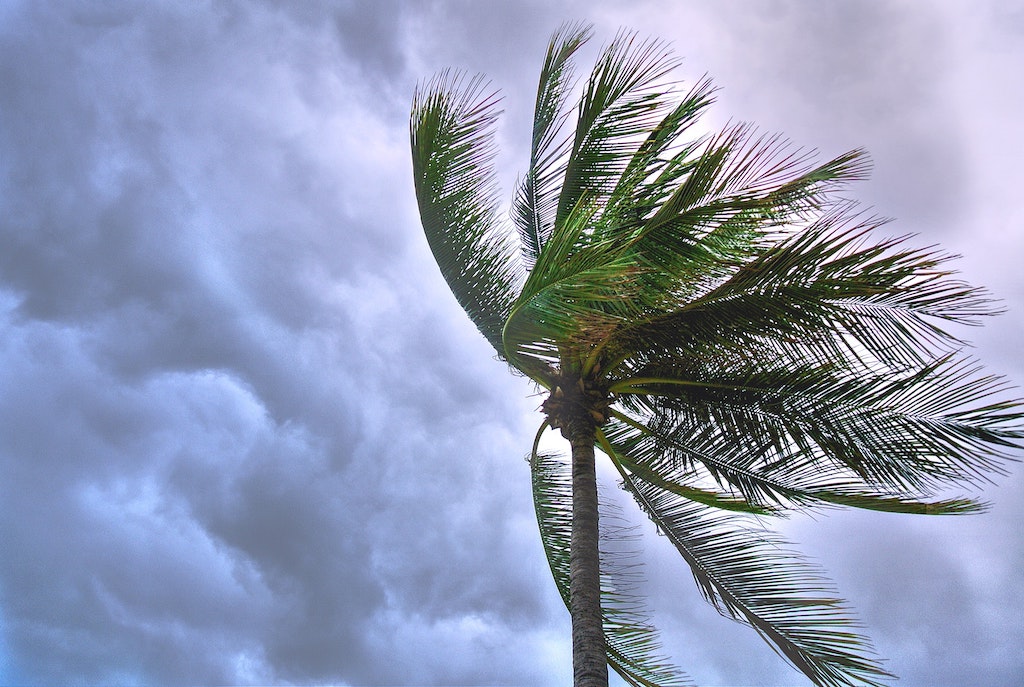Now that it is officially hurricane season, it’s time to take action and prepare for the worst. More often than not, walking through this process will equip you with new-found knowledge and alleviate anxiety that occurs when a high-powered storm is rapidly approaching.

Prior to a storm, you’ll need to do the following:
1. Do A Complete Analysis of Your Insurance Policy. First and foremost, you’ll need to ensure you have the right kind of coverage and enough of it. It’s one of the most important elements of pre-planning before a storm or loss. Although boarding your windows and stocking up on supplies is crucial, ask yourself or your insurance agent: (1) Do you have enough coverage for your home in today’s market? (2) Do you have flood coverage? (3) Does your policy cover personal property? (4) Can you afford your current deductible? Furthermore, be sure to make a list of important phone numbers, emails, and other contact information for your local agent, in order to file a claim immediately after damage occurs.

2. Inventory Your Valuables. Next you’ll need to do an inventory of your personal property. Think jewelry, clothes, electronics, furniture, artwork, collectibles, and other heirlooms. Making a list of these items will empower you to know exactly what to claim from your loss. Often times, our clients discover the inventory process results in finding several items they forgot they owned, especially heirloom jewelry or stored artwork. Preparing a thorough list will help immensely if they’re damaged, or you sustain a catastrophic loss.

3. Capture Photographs of Your Home or Property. Before a storm, take pictures of your home as this will aid you in the adjusting process. Capture every room, then take pictures of the outside of your home. Please beware of climbing on your roof, unless you’re a trained professional. However, taking street level photos will suffice. Photographs will help you, your agent, and an attorney counter the arguments we often see from adjusters, that “the damage was there before the storm.” This will also help identify items that may need to be repaired or replaced before a storm. Next, save the photos to a remote location, such as a cloud storage account like Dropbox, or email them to yourself. That way if your camera, phone, or computer is damaged in a storm, you will be able to access the photos remotely.
After a storm hits and property damage occurs, do the following:
4. Remember: Time is NOT on Your Side. If you have damage to your home or business, consider filing your claim immediately. Waiting to file an insurance claim can lead to delays, denials, and extra expenses. Damage can also worsen if it is not addressed quickly. Extensive mold growth, weakened structures, and water damage from leaking roofs can lead to growing claims. Also, the remediation and construction industry become inundated after major storms. The longer you wait to have your damage assessed and repaired, the longer the line will be. An experienced attorney can often provide you with referrals to contractors, remediation companies and inspectors.

5. Review Before You Sign. This old tip rings true now more than ever. With the advent of electronic signatures, a contractor, adjuster or service provider can electronically sign dozens of documents with your electronic approval. READ THEM FIRST. Ensuring you know what you’re signing, and what your insurance is agreeing to pay you, is crucial to a successful claim. When in doubt, ask plenty of questions and do not sign until you understand everything fully. At this step is where an attorney can help you navigate the maze of forms, reports, sworn statements and other requirements the insurance companies like to make you wade through after a storm or loss.
6. Enlist A Trusted Advocate as Your Attorney. Take the pressure off your own shoulders. Get an attorney to guide you through the claim process, which can take the burden of knowing what to submit, who to talk to, and what to do. A knowledgeable attorney can also direct you through the entire claim process; from filing a claim, to scheduling inspections, to filing a lawsuit if the insurer is dilatory or wrongfully denies your claim. Experienced attorneys also know how to effectively negotiate with insurance companies and their representatives.
Taking precautions and acting quickly and thoroughly after a storm will aid you during a stressful experience. It’s our job to guide you through the process and get you the compensation you deserve to cover your damages or loss. These six easy steps are a great start to preparing for what promises to be an active hurricane season here in Florida.


